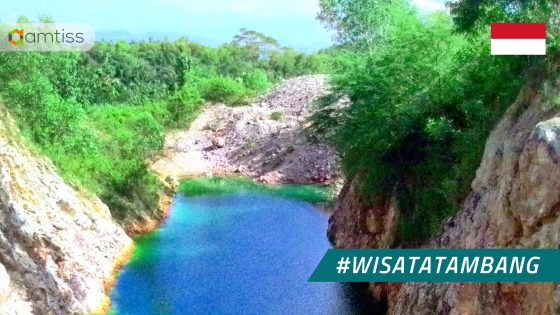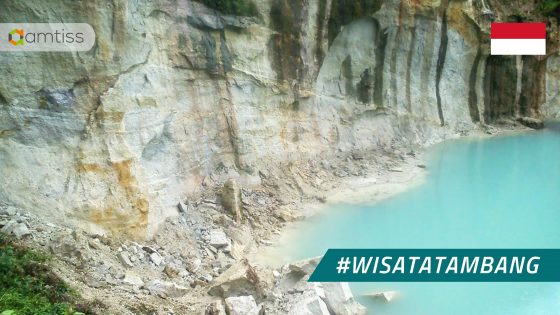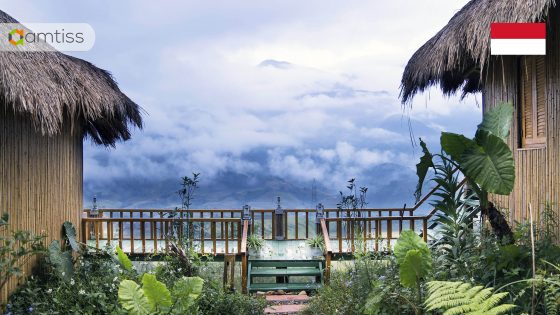Ombilin Sawahlunto coal mine owned by PT Bukit Asam Tbk has been listed as UNESCO world heritage on July 6, 2019. It was decided during the 43rd session of the UNESCO World Heritage Committee in Baku, Azerbaijan.
The closed coal mine has been changed into an educational and tourist destination, namely The Ombilin Coal Mine Museum, Kando Zoo, lake, horse racetrack, sports arena, and other fun public facilities. Despite the change, the mine which is located in West Sumatra has a long history that brought changes to the surrounding area since it was opened from culture to infrastructure.

Want to know more about Ombilin Sawahlunto coal mine? amtiss has summarized 5 unique facts about the mine for you!
- First discovered and invested by Dutch
William Hendrik de Greeve, a Dutch Geologist, discovered the site rich in coal deposits in the 19th century. Dutch then started the first investments in coal mining and the area. The building structure, public facilities, offices, hotels, housing areas, and stores had part of Dutch culture and technology. It is also claimed that the mine looks similar with Major Mining Sites of Wallonia, Belgia. Wow. - Was an industrial city of its time.
The mining company began designing site locations into 5 spatial activities: coal mining industry, commercial and trade areas, residential areas, administrative areas, and health utilities. - Was the only underground coal mine in Indonesia and oldest coal mine in Southeast Asia.
Due to the geographical conditions in the form of narrow valleys along the Bukit Barisan and rich coal ores located deep underground at depth of 40-100 meters, the Dutch Ombilin coal mine applied underground mining techniques. - Dutch built several transportation networks: railway lines to transport coal from the site to the west coast of Sumatra, road, and Emmahaven Port/Teluk Bayur.
- Is the fifth of five Indonesian cultural world heritage recognized by UNESCO after Borobudur Temple Compounds, Prambanan Temple Compounds, Sangiran Early Man Site, and Cultural Landscape of Bali Province (the Subak System as a Manifestation of the Tri Hita Karana Philosophy)




